Plea bargaining: A threat to basic human rights?
Why the push to avert courtroom trials has worrying consequences
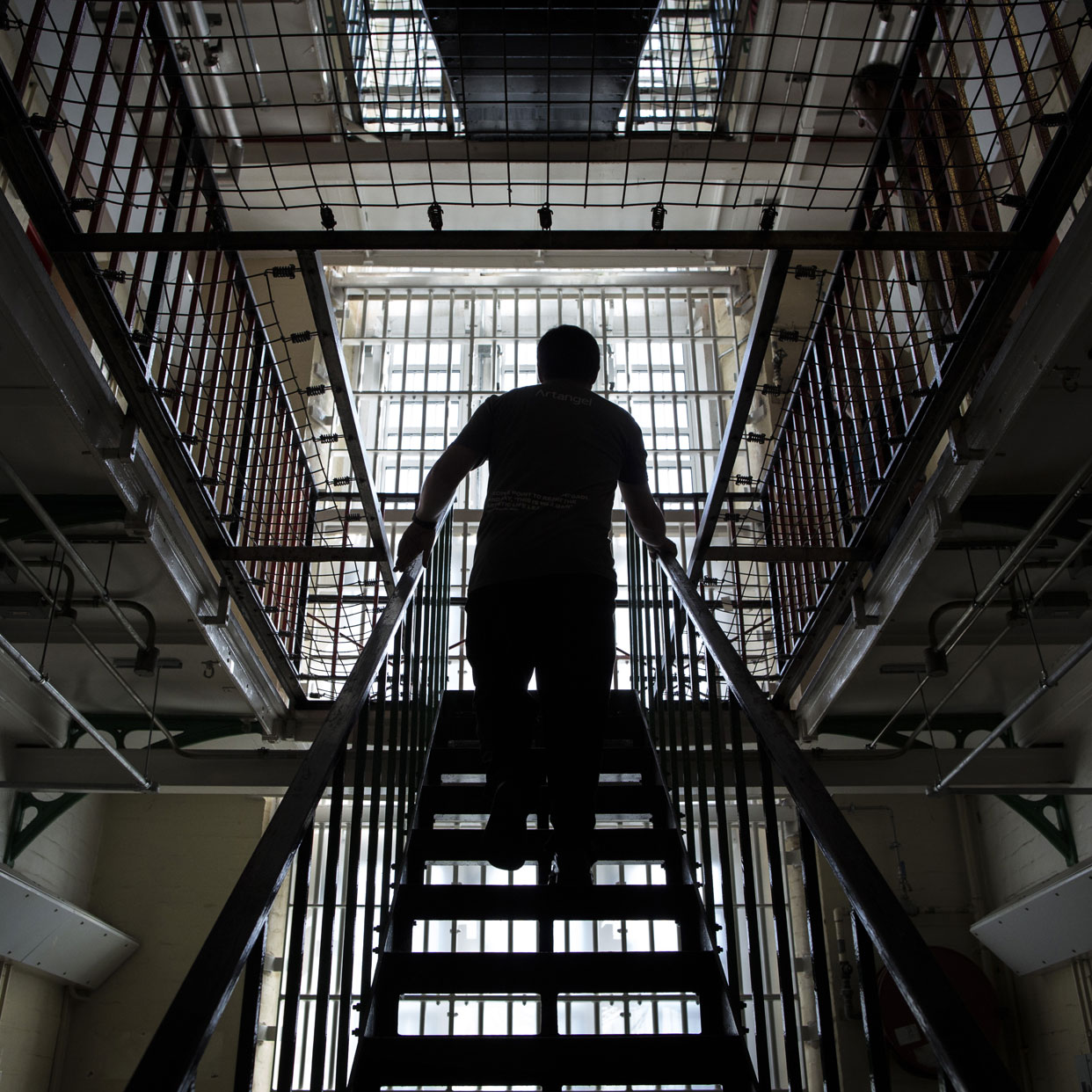
A free daily email with the biggest news stories of the day – and the best features from TheWeek.com
You are now subscribed
Your newsletter sign-up was successful
Trial by jury is more than an instrument of justice, it is “the lamp that shows that freedom lives”, as Lord Devlin once said.
In England and Wales, however, roughly 90% of convictions are a result of guilty pleas, not trial by judge or jury. So what about the other 10%?
Of those that do make it to trial, a disproportionate number of these convictions are of black, Asian and minority ethnic (BAME) defendants who don't believe plea deals work and would rather roll the dice in court. If they are found guilty, they will join the disproportionate number of BAME prisoners already serving lengthy prison terms.
The Week
Escape your echo chamber. Get the facts behind the news, plus analysis from multiple perspectives.

Sign up for The Week's Free Newsletters
From our morning news briefing to a weekly Good News Newsletter, get the best of The Week delivered directly to your inbox.
From our morning news briefing to a weekly Good News Newsletter, get the best of The Week delivered directly to your inbox.
The solution appears simple: convince guilty BAME defendants to take an early plea deal. And that is, by-and-large, the solution proposed by Labour MP David Lammy, who headed an independent study into BAME justice published in September.
But nothing about the UK justice system is simple. Some say Lammy’s ideas could make the situation worse for the minorities he is trying to help - leading to even more being jailed in overcrowded UK prisons and reflecting a worrying global trend.
The Week explores the problem and the solutions.
To plead, or not to plead
A free daily email with the biggest news stories of the day – and the best features from TheWeek.com
Defendants who plead guilty early are more likely to get a reduced sentence, but when it comes to black, Asian or minority ethnic suspects many “simply do not believe that the justice system will deliver less punitive treatment if they plead guilty”, according to Lammy’s report. About 52% of BAME men were more likely to plead “not guilty” at Crown Court than white men, leading to more and longer prison terms.
To curtail the problem, Lammy made several recommendation, including that the UK should introduce “deferred prosecutions” for low-level offenders who could opt for rehabilitation instead to avoid court. When rehabilitation was successfully completed, the criminal record would be expunged.
Lammy’s argument appears to be sound: if BAME defendants pleaded guilty as often as white defendants, they’d be more likely to get a reduced or non-custodial sentence. Guilty pleas usually carry a “discount” of up to one third at the sentencing stage.
But Jago Russell, from the human rights organisation Fair Trials, says Lammy’s solution leads to another, potentially even bigger, problem.
“I am not convinced that encouraging BAME defendants to give up their right to trial is the best way to build their trust in the justice system,” Russell writes in the New Statesman.
“Who’s to say that black defendants don’t more often have good reason to proceed to trial – for example, because they have been wrongfully or over-zealously arrested or charged by the police, or because their rights have been violated in the process?”
“Perhaps a guilty plea (at least on a person’s first encounter with the police) can keep them out of prison, but criminal convictions still blight lives.”
‘Global epidemic’
Russell argues that the UK is part of a wider “global epidemic” of US-style plea bargaining, where as many as 97% of federal criminal cases are resolved through guilty pleas involving unregulated negotiations between prosecutors and defendants.
“In the US, the mass criminalisation facilitated by guilty pleas has decimated entire BAME communities,” says Russell.
Worldwide, plea bargains have grown rapidly. A Fair Trials report written in 2016 with the help of Freshfields Bruckhaus Deringer law firm says there has been a 300% increase in plea bargains worldwide since 1990, and that they are promoted as a more efficient form of justice.
In Georgia, 12.7% of cases were resolved through plea bargaining in 2005 but that figure rose to 87.8% of cases by 2012, The Guardian reports. In Russia, plea bargain deals rose from 37% in 2008 to 64% in 2014.
“Easier conviction can prompt over-criminalisation, while a lack of transparency undermines impartiality and public trust in the justice system,” the report says.
The increase in the use of plea-bargaining is not by chance - the US government has provided development funding and technical support for rule-of-law projects, “primarily through the Office of Overseas Prosecutorial Development and Training sending out American prosecutors to train foreign judges and lawyers”, says The Guardian.
‘Contract of adhesion’
When used properly, trial waivers can reduce costs, waiting times and pre-trial detention times, but there are also fundamental flaws in the process, say campaigners.
“The (US) Supreme Court’s suggestion that a plea bargain is a fair and voluntary contractual arrangement between two relatively equal parties is a total myth: it is much more like a ‘contract of adhesion’ in which one party can effectively force its will on the other party,” said Jed S. Rakoff, a senior US district judge, in a New York Review of Books article called ‘Why Innocent People Plead Guilty’.
In many cases, plea deals are unregulated. In the UK, there is “insufficient judicial scrutiny of sentence reduction procedures”, the Fair Trials report finds.
Fair Trials says one possible solution is to get judges more involved in negotiations and evidence review so convictions are not imposed on the basis of unreliable confessions or guilty pleas alone, according to a report in The Guardian.
“We don’t need to stop plea deals but we do need to make sure systems that encourage people to forego their right to a trial protect basic safeguards of fairness,” says Russell.
-
 Switzerland could vote to cap its population
Switzerland could vote to cap its populationUnder the Radar Swiss People’s Party proposes referendum on radical anti-immigration measure to limit residents to 10 million
-
 Political cartoons for February 15
Political cartoons for February 15Cartoons Sunday's political cartoons include political ventriloquism, Europe in the middle, and more
-
 The broken water companies failing England and Wales
The broken water companies failing England and WalesExplainer With rising bills, deteriorating river health and a lack of investment, regulators face an uphill battle to stabilise the industry
-
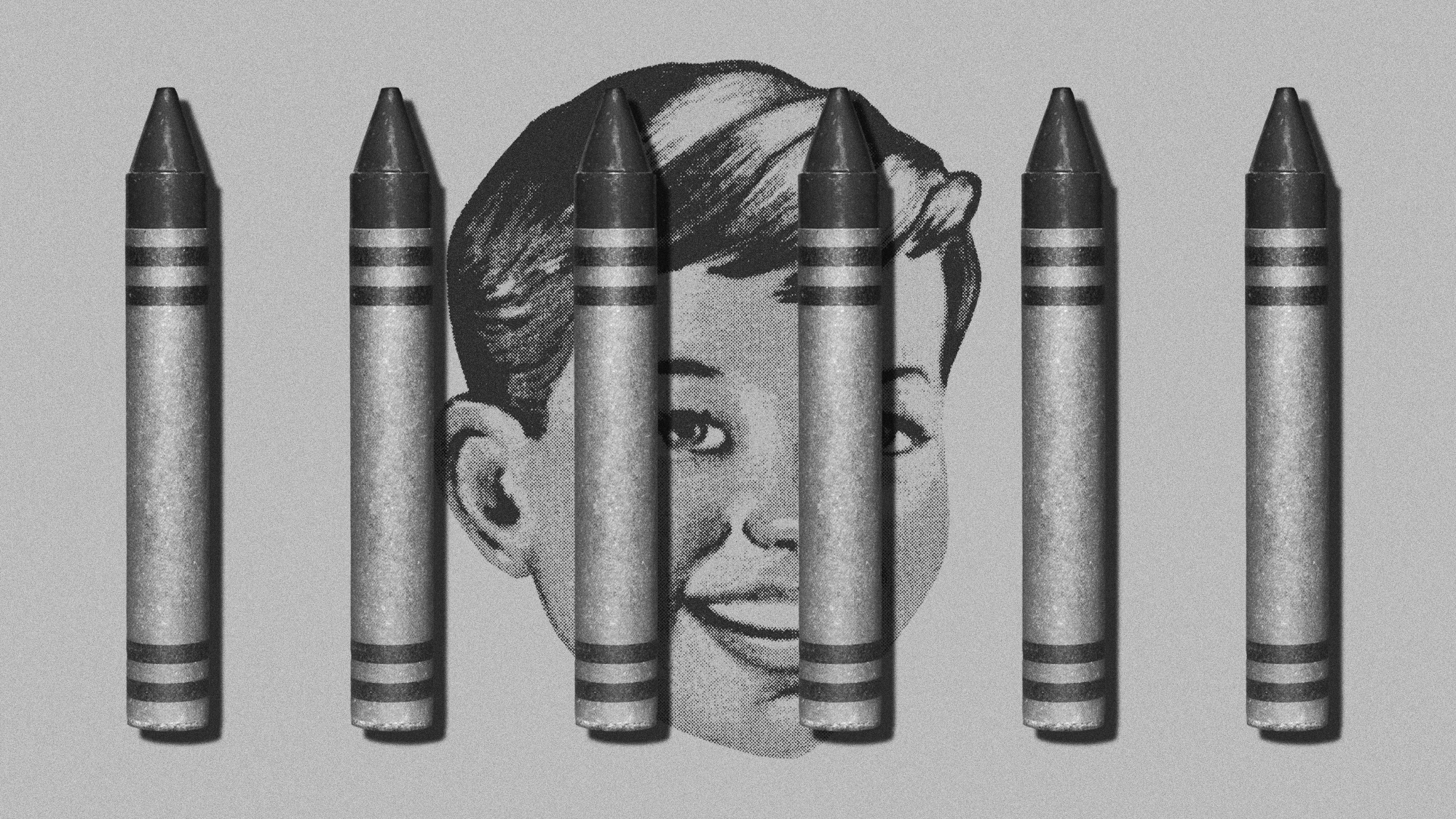 The age of criminal responsibility
The age of criminal responsibilityThe Explainer England and Wales ‘substantially out of kilter with the rest of the world’, says filmmaker whose drama tops Netflix charts
-
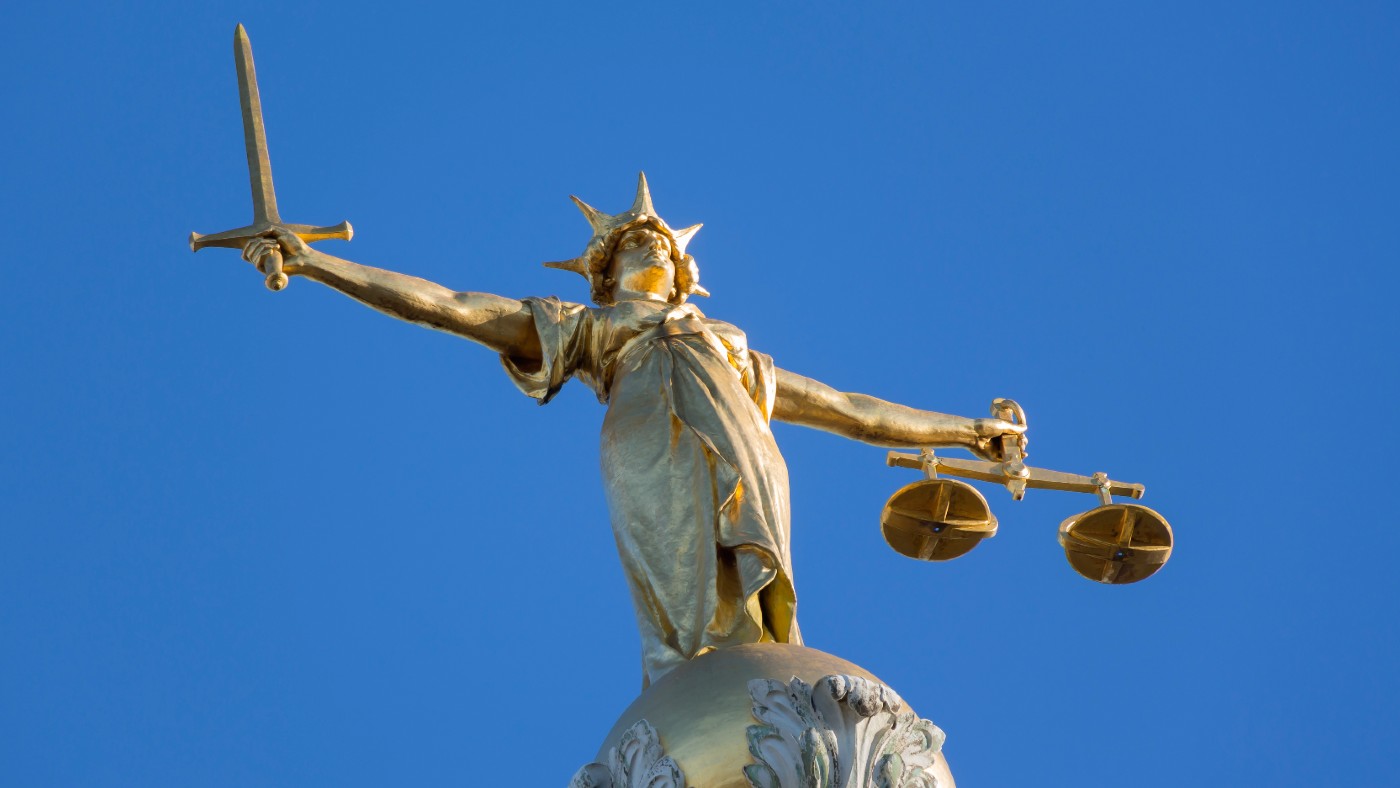 What’s causing the ‘chaos’ in the UK criminal justice system?
What’s causing the ‘chaos’ in the UK criminal justice system?Today's Big Question Shortage of prison cells and real-terms pay cut for solicitors has increased talk of ‘crisis’
-
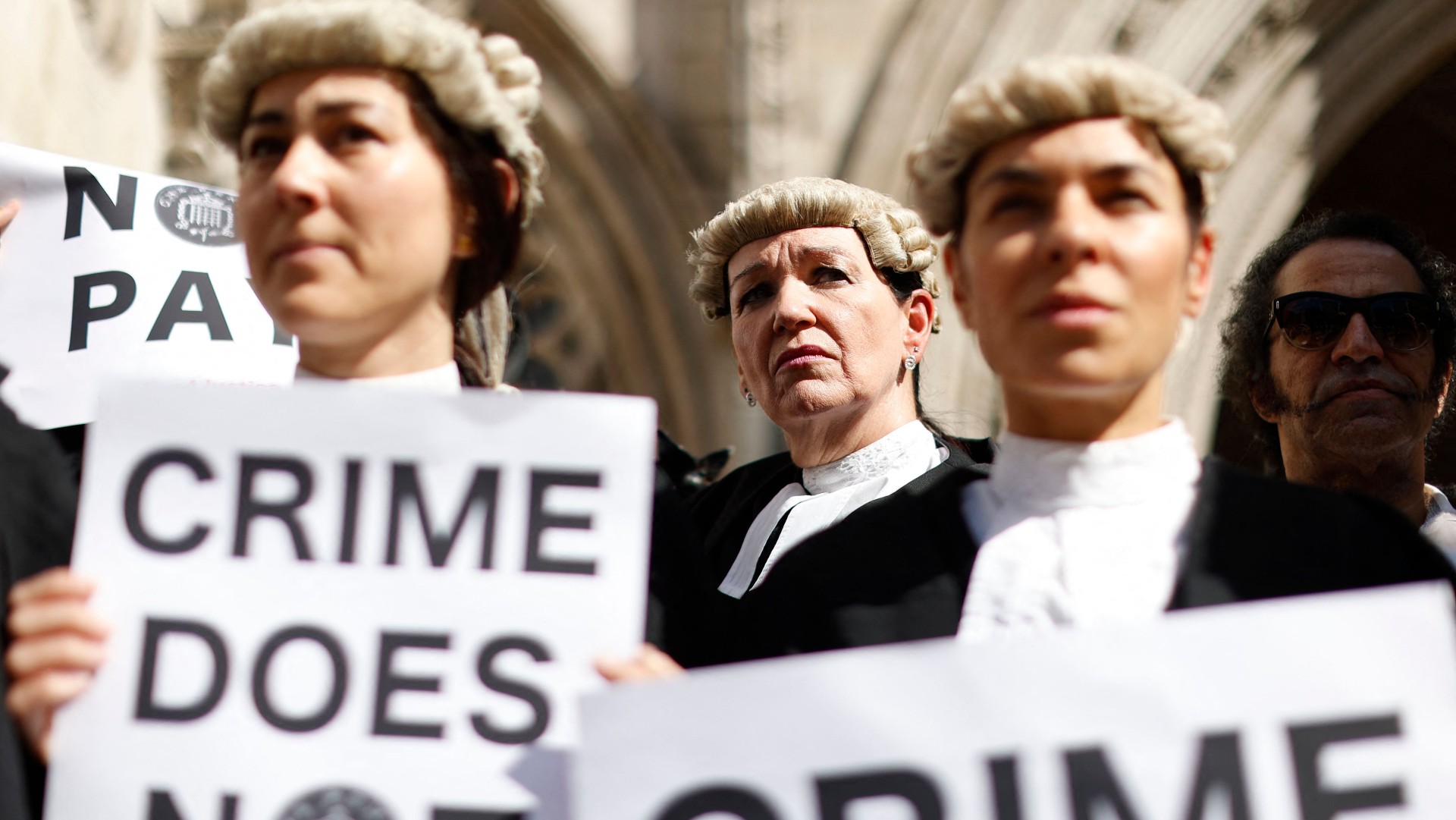 Should criminal barristers be allowed to strike?
Should criminal barristers be allowed to strike?Talking Point Prolonged dispute over cuts to pay and legal aid has led to indefinite walkout in September
-
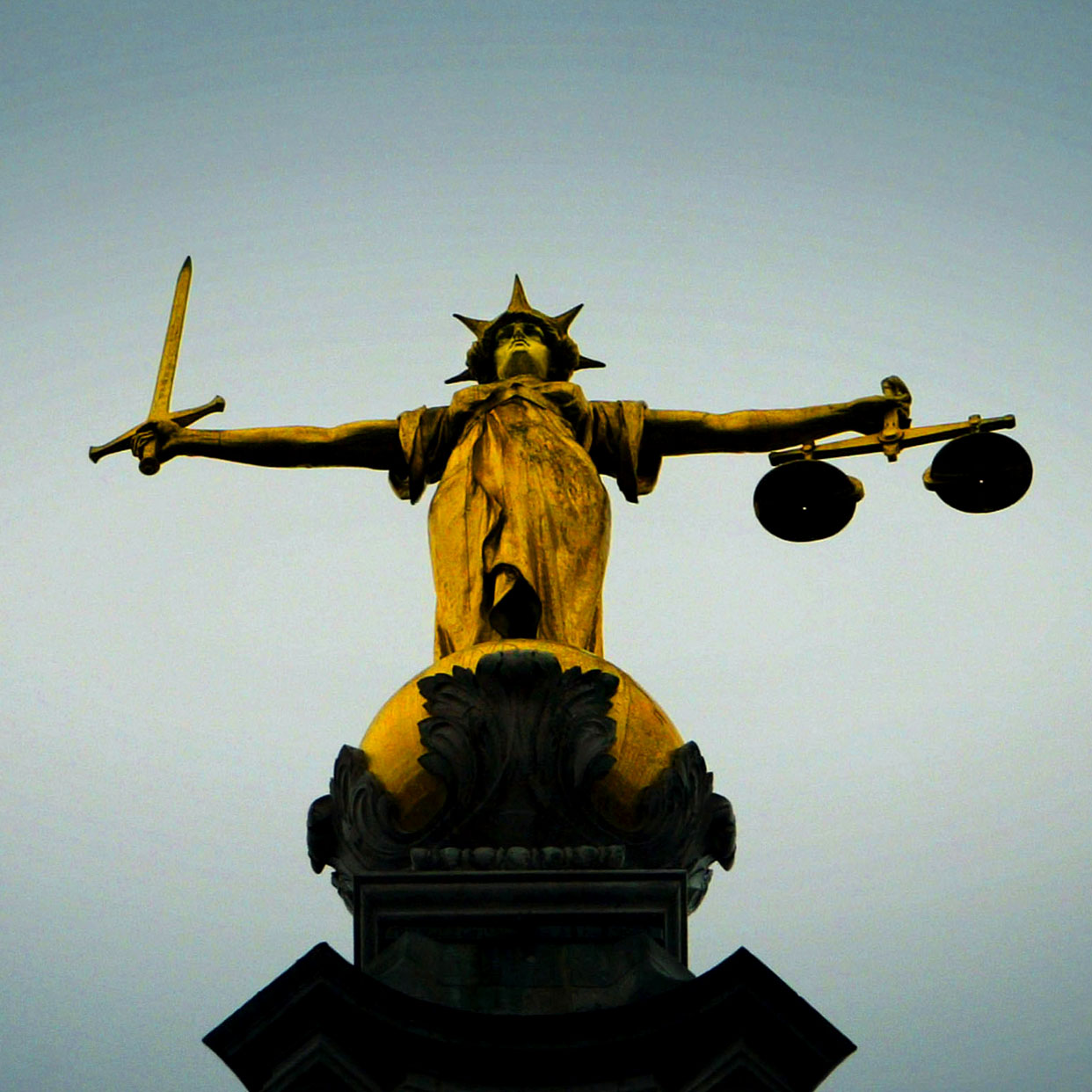 What is an injunction?
What is an injunction?In Depth Ban on naming of mystery #MeToo businessman has renewed interest in the controversial court orders